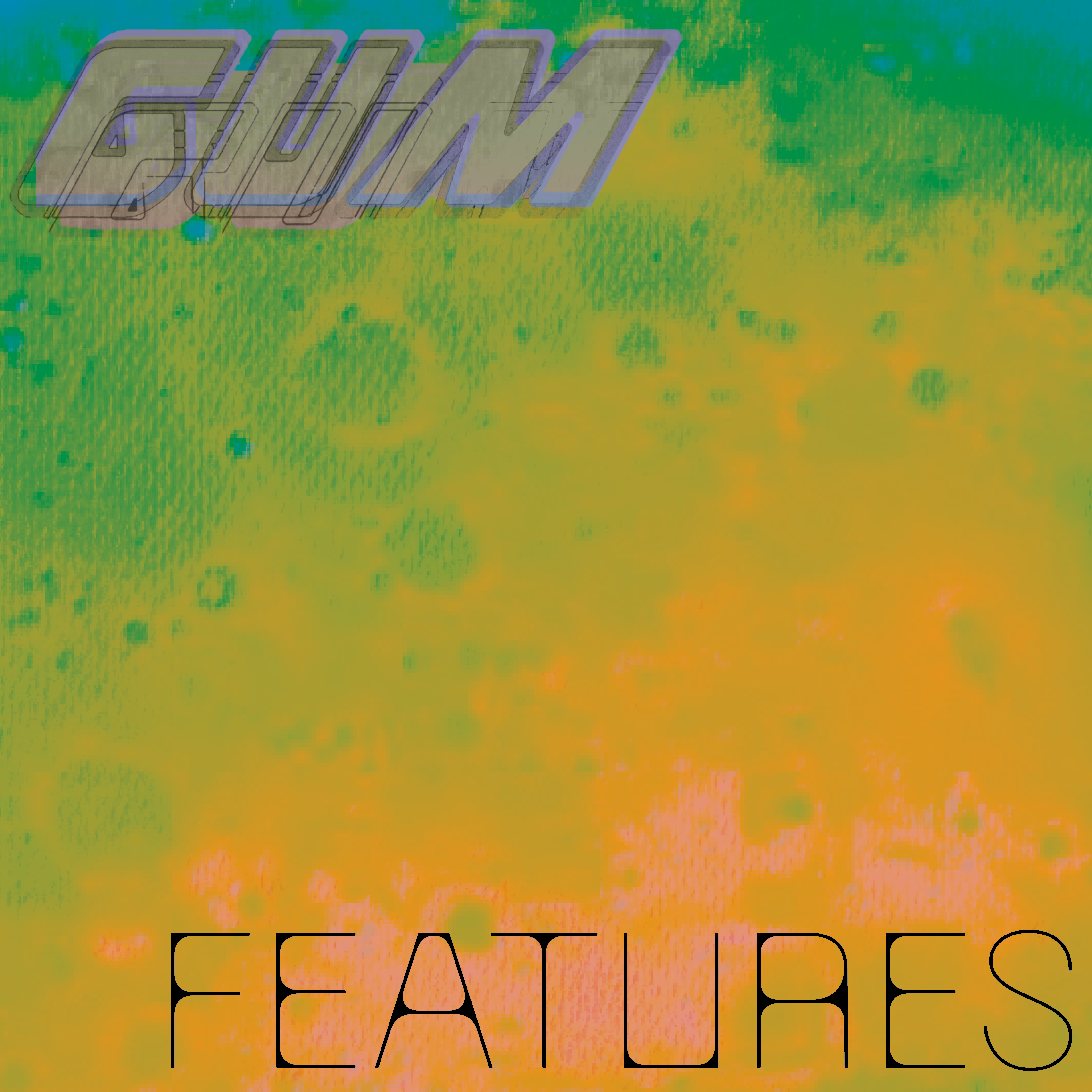Words: Kathryn Gardyne (she/her)
‘Why dae folk ask babies stupid shite lit “Ur gettin big arent ye?” As if the wee cunts gony be like aye Moira yer spot on am oan the protein’. Sound familiar? If so, you’ve most likely come across ‘Scottish Tweets’ on your TikTok For You page. The previous is one of the infamous @Goudie15’s. ‘Scottish Tweets’ consist of complaining about day-to-day strifes or making a quick joke, and they brim with Glaswegian slang. Example responses read to the tune of: ‘there’s no way this is English’ or ‘I had a stroke trying to read this’. It is strange for me, being from a little village near Paisley, to see Scots catapulted into mainstream media and finding that people actually do struggle with understanding. How can the words I (and my 600,000+ fellow Glaswegians) speak be so foreign that they send other English-speakers into a state of medical emergency?
The rise of social media has brought with it a drastic incline in the use of Scottish slang. I like to think of there being two types. There’s the ‘old’ Scottish slang, which implements words and phrases like ‘haud yer wheest’ (be quiet), ‘glaikit’ (stupid) or ‘gallus’ (confident, bold). These are words which will be the first to appear when you search ‘Glaswegian slang’. But in my opinion, these are outdated and used only by the likes of your teacher or gran. Apologies in advance for any offence caused: do read on and perhaps the ensuing article will invigorate your antique slang with a breath of fresh air!
I would categorise the ‘Scottish tweets’ as ‘young’ Scottish slang, using words like ‘somecunt’ (somebody), ‘gaff’ (either meaning to kiss somebody, a house party, or just somebody’s home in general) or ‘riddy’ (embarrassment). Now, the adding of ‘-cunt’ (-body, person) to any word, I believe may cause some Scottish people to frown. Your granny would faint on the spot if she heard you using such a vile word! However, the use of this word has changed over time from being a venomous insult into a term of endearment. The latter two words, on the other hand, are not a new phenomenon in the slightest. These words were thrown around so much by me and my friends in high school that they will forever be trapped in that time of youthfulness.
My favourite Glaswegian slang phrase will be familiar to many an ear: the simultaneously simple yet complex ‘get tae fuck’. It is the perfect expression of any emotion: Shock, excitement, rage, frustration, joy. I personally use this at least five times a day. What about you? How often do you hear it? In what context? It could of course be compared to the English ‘get to fuck’, however the Scottish ‘tae’ adds an unparalleled strength of emotion. The rejection of Scots as a formal language has been around since as early as King James VI. With the Education (Scotland) Act of 1872, proper English became the language of education, academics, and ‘learned’ people.
This history of oppression underlines the excitement I feel at seeing people writing in Scots today. Everyone has individual methods of spelling out the way they speak, both on social media and in more formal writing. As these informal ways of spelling are actively discouraged in academic contexts, we must find our own system of self-expression. Vernacular speech is frowned upon in many settings, and often regarded as ‘rough’ or ‘improper’. As a result, there has developed, in parallel, an equally strong drive to maintain it. Everyone from Scotland will know what I mean when I say that the further from home we roam, the heavier our accent and slang becomes, and the harder it is for people to understand. I was never quite sure of why this was, but I now realise it is an expression of pride. Pride in your family, your friends, the place you grew up. Distance from home deepens this pride. You begin to feel homesick and next thing you know you’re crying while listening to Paolo Nutini singing ‘Caledonia’. Paolo would definitely understand your accent.
The transition to university brings with it an examination of one’s entire identity. For me, despite the distance from my high school and hometown, my use of slang didn’t intensify but instead it shrunk. University was the first place I found myself surrounded by unfamiliar voices. On the one hand, there are fascinating opportunities to learn about new slang and backgrounds. I, for example, became friends with people from the East Coast and adopted the use of ‘like’ at the end of my sentences. But on the other hand, the negative attention I received, along with a continued lack of understanding, sufficed in motivating my endeavour to change the way I talk.
This is called ‘code switching’: using a particular voice around one group of people, and another around a different group. I let out a deep breath of relief when I can use my own slang with friends from school. When I don’t need to worry about being ‘understandable’.
There are a multitude of voices in the UK being channelled into the mainstream media these days. We have seen it recently with Top Boy showcasing slang from London and Happy Valley doing the same for Yorkshire. And of course, the aforementioned ‘Scottish Tweets’, which has inspired me to write an article after remembering the cultural impact that Goudie, the godfather of Scottish Twitter, has created.
Sharing a bit of ourselves with the world through media in a way that reflects our unique voice is something to be treasured. We should learn about other peoples’ cultures and stories, the origin and importance of their voices, as we bask in the sunshine of the ‘many-voicedness’ of our English language.
https://x.com/Goudie15/status/697496675720495105?s=20
https://www.ourglasgow.co.uk/glaswegian-dictionary-terms-and-phrases/

